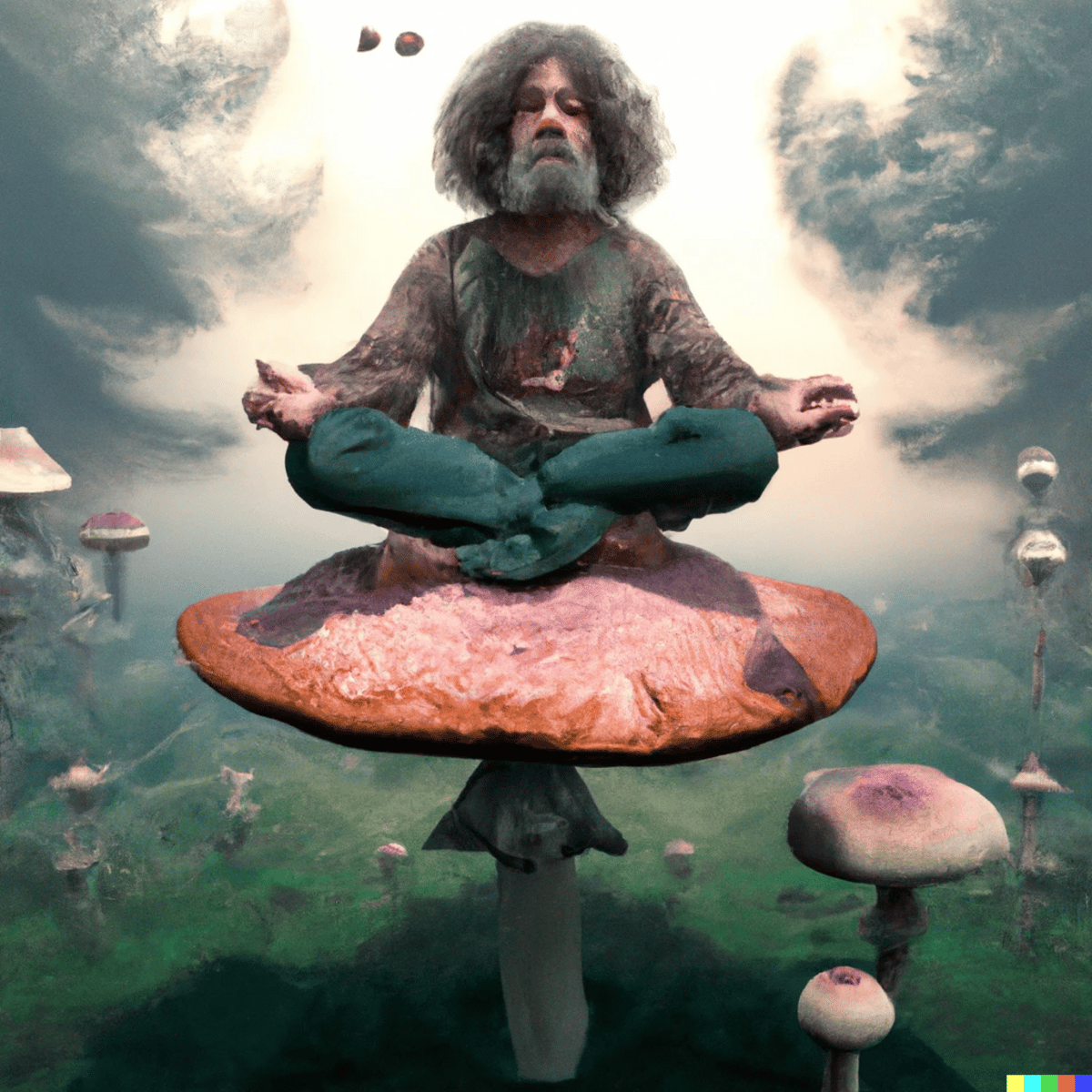Introduction
In our fast-paced world filled with endless distractions, stress, and demands, finding a way to connect with our inner selves has become an essential pursuit. Mindfulness, a practice rooted in ancient traditions, offers a path to inner peace, self-awareness, and a greater sense of well-being. In this article, we will explore what mindfulness is, its origins, how to practice it, and where to delve deeper into this transformative art.
What is Mindfulness?
Mindfulness is a state of mind characterized by focused and non-judgmental awareness of the present moment. It involves paying attention to your thoughts, feelings, bodily sensations, and the surrounding environment without any attachment, resistance, or judgment. This practice enables individuals to observe their experiences without being carried away by them, thus promoting a sense of balance and emotional well-being.
The Origin of the Term
The term "mindfulness" finds its roots in ancient languages. In Pali, an Indo-Aryan language, the term "sati" is used, while in Sanskrit, it is referred to as "smṛti." Both words essentially mean "remembering" or "recollection." This hints at the idea that mindfulness is about remembering to be present in the moment, to recall one's attention to the here and now.
The Origins of Mindfulness Practice
Mindfulness is deeply intertwined with various spiritual and philosophical traditions, making it a practice with a rich historical background. Here are some of its origins:
Buddhism: Mindfulness is a core concept in Buddhism, where it is known as "sati." It is one of the steps on the Eightfold Path and is integral to the practice of Vipassana meditation, a technique aimed at gaining insight into the true nature of reality.
Yoga: Yoga, with its focus on breath and body awareness, incorporates mindfulness principles. In fact, many yoga practitioners emphasize the importance of being fully present on the mat.
Zen Buddhism: The Zen tradition emphasizes mindfulness in daily life, with practices such as zazen, or seated meditation, at its core.
How to Be Mindful
Practicing mindfulness is not reserved for a select few; it's a skill that anyone can develop. Here are some steps to help you get started:
Find a Quiet Space: Begin by finding a quiet, comfortable space where you can sit or lie down without distractions.
Focus on Your Breath: Close your eyes and turn your attention to your breath. Observe the sensation of each inhale and exhale. Your breath becomes your anchor to the present moment.
Non-Judgmental Observation: As you breathe, become aware of your thoughts, emotions, and bodily sensations. Allow them to come and go without judging or clinging to them. Simply acknowledge their presence.
Extend It to Daily Life: Gradually, bring mindfulness into your everyday activities. Whether it's eating, walking, or working, practice being fully present in each moment.
Sources to Explore
For those interested in delving deeper into mindfulness, there are various resources available:
Books: Consider reading books like "The Miracle of Mindfulness" by Thich Nhat Hanh, "Wherever You Go, There You Are" by Jon Kabat-Zinn, or "Radical Acceptance" by Tara Brach.
Courses and Workshops: Many institutions and teachers offer mindfulness courses and workshops, either in person or online.
Meditation Apps: Apps like Headspace, Calm, and Insight Timer provide guided mindfulness meditations and tools to incorporate mindfulness into your daily routine.
Mindfulness Retreats: For a more immersive experience, you can attend mindfulness retreats or workshops conducted by experienced practitioners.
Conclusion
Mindfulness is a profound practice that has stood the test of time. It offers a gateway to inner peace, self-discovery, and emotional well-being. By understanding its origins, embracing the practice, and exploring available resources, you can embark on a transformative journey toward a more mindful and fulfilling life. As you do, remember the ancient wisdom that encourages us to "remember" to be fully present in each and every moment.

